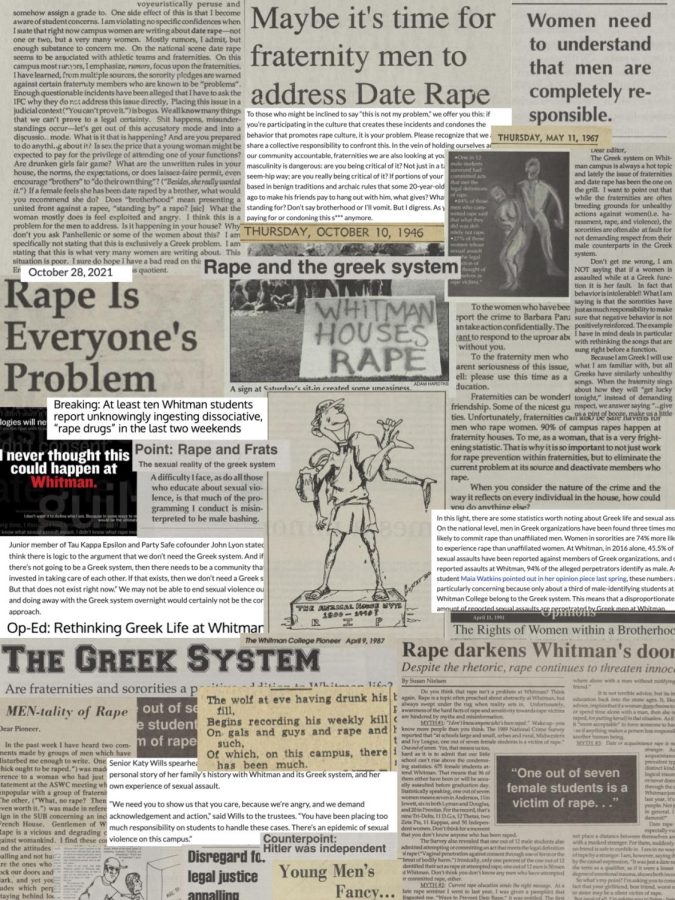EDITOR,
Raise your hand if you voted on November 4 and then thought, “Now what?”
For many Americans, their involvement in the democratic process is limited to once a year, if not once every four years, on Election Day. They vote and think that’s all there is to being an effective citizen. But, as rapper Chuck D once said: “voting is like brushing your teeth in the morning. It’s a necessary thing –– but it’s only the first thing you do… It doesn’t mean you’ve done a full days work.”
Being an effective citizen doesn’t mean you have to quit your day job, give up your hobbies and friends and watch C-SPAN non-stop. You can do it in as little as one minute, one hour, one afternoon a week or month.
The first step to effective citizenship is to study the issues –– there are Web sites, TV channels, radio stations and publications galore to provide you with this information. Find the ones that stimulate your brain, tickle your curiosity bone and use factual sources and continue to check in with them. Take note of those topics that pique your interest and start looking for more information. And don’t forget to share and ask questions of those around you: others are also paying attention and might have some valuable insights or tidbits of info.
While on your fact-finding mission, you also want to learn how the political system in your town, county, state and nation works. Watch School House Rock’s “How a Bill Becomes a Law.” Find out more about those elected into the positions that cover those areas and what their positions are on those issues that matter to you. Learn about the issues they support and who supports (i.e., votes for and donates to) them.
Once you’ve got the info you feel you need, it’s time to find out what you can do with it. Contacting your elected officials is a good place to start, but you only want to contact those that can do something about your issue. You can thank or spank an official for their support of or work on an issue, or encourage them to get involved. A way to get the rest of the community involved is to write a letter to the editor of local publications, detailing why others should care. Also, you can attend town meetings and candidate events and debates and raise the issue there. Circulating a petition for other concerned citizens to sign that’s submitted to elected officials is another good tool.
To make a difference in this world, you do not need to be an expert or have a lot of money or power (though, that can help). But you do need to do more than just vote.
If you are interested in seeing effective citizens in action, I urge you to attend Planned Parenthood’s annual Reproductive Health & Rights Lobby Day being held Feb. 22 and 23. To learn more and sign-up, visit http://tinyurl.com/lobbyday09.
– Cora Davidson
Public Affairs Field Organizer, Planned Parenthood of Central Washington


